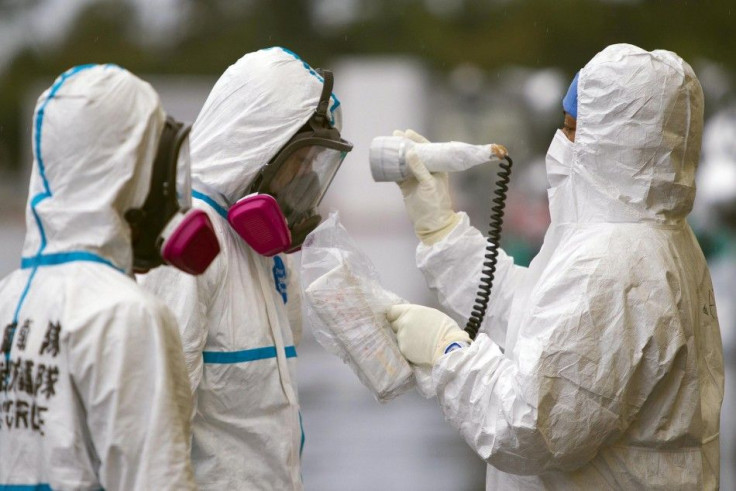US Researchers Develop 'Chrysalin,' Drug That Mitigates The Deadly Effects Of Nuclear Radiation

In recent times, the potentially dangerous effects of exposure to the nuclear radiation and disasters have become an issue of serious concern among the developed nations. With an aim to find a relief for those who are exposed to such radiation, a U.S. research team claims to have discovered the drug that can potentially reduce the deadly effects of nuclear radiation.
The study, which appears in the Laboratory Investigation, a journal in the Nature publishing group, shows that taking a single dose of a regenerative peptide called "Chrysalin" significantly increases the survival rate.
The research team, led by The University of Texas Medical Branch at Galveston, claims that taking a single injection of the synthetic peptide 24 hours after exposure to the potentially toxic nuclear radiation counteracts the damage to the gastrointestinal system of the mice, which in turn delays the mortality.
“The current results suggest that the peptide may be an effective emergency nuclear countermeasure that could be delivered within 24 hours after exposure to increase survival and delay mortality, giving victims time to reach facilities for advanced medical treatment,” researcher Carla Kantara said in a statement.
Chrysalin, a 23-amino acid peptide, was artificially produced by the researcher to stimulate repair of the bones and muscle and skin cells. Chrysalin is also known as TP508 or rusalatide acetate. During previous studied, TP508 has shown to improve proper blood flow for repair of tissues, reduce inflammation and cell death.
Exposure to exceedingly high levels of nuclear radiation leads to a number of reactions in the human body. Of all the effects, one of the most serious is the gastrointestinal (GI) toxicity syndrome, which is caused when the “intestinal barrier is completely destroyed by the radiation, resulting in bacterial translocation, systemic bacteremia, sepsis, and death,” according to the Sci-News.com.
© Copyright IBTimes 2024. All rights reserved.




















